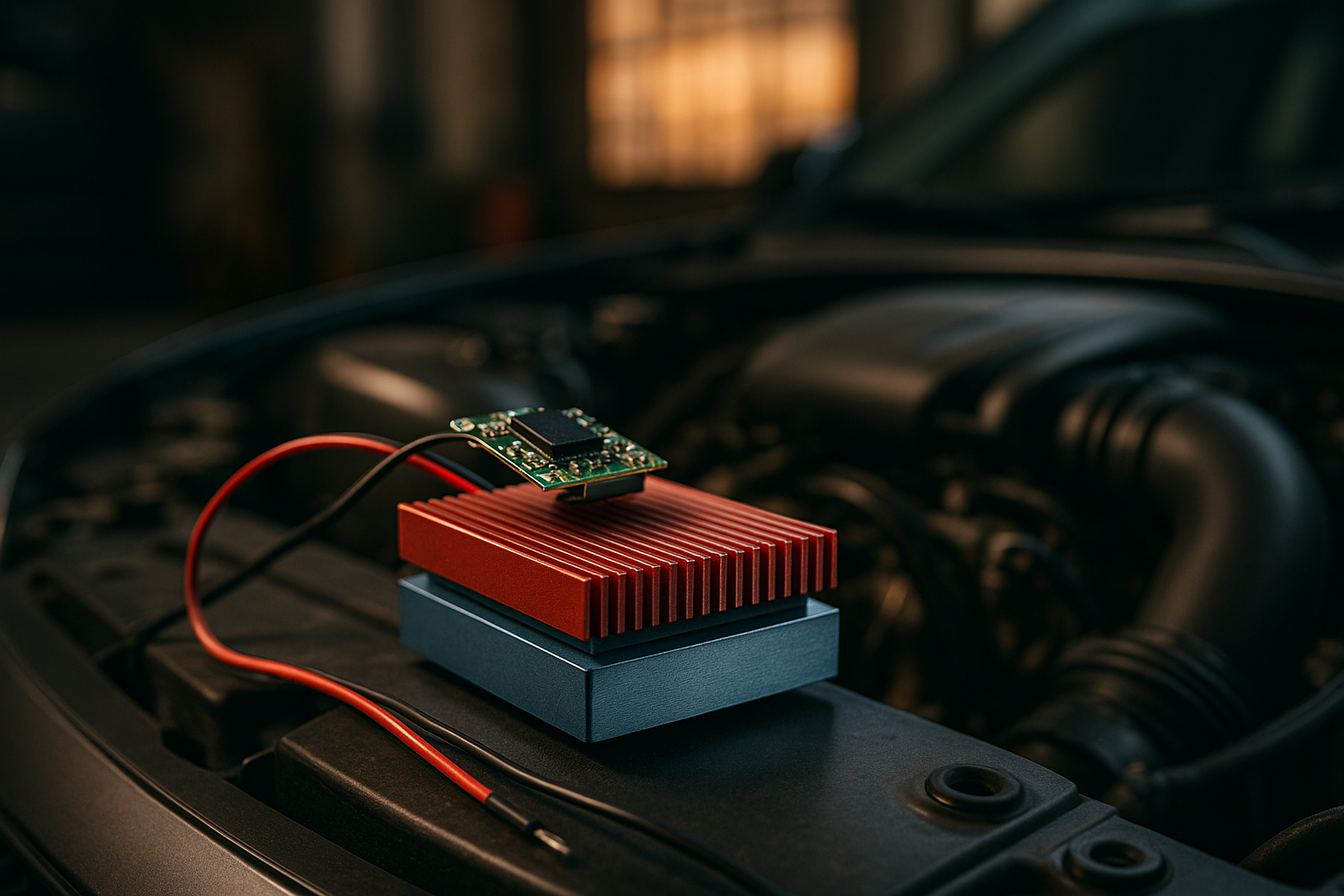Preparing documentation for private sale and dealer trade-ins
Preparing documentation correctly makes selling a car privately or trading it in at a dealer faster and less stressful. This short overview highlights the key papers and records you should gather—title, registration, inspection reports, maintenance records, and any warranty or recall details—so buyers and dealers can assess ownership, condition, and valuation efficiently.

Selling a car privately or accepting a dealer trade-in depends largely on having the right paperwork ready. Buyers and dealers look first for clear proof of ownership, accurate registration, recent inspections, and a transparent history of mileage, maintenance, diagnostics, and recalls. Organizing these documents in advance speeds transactions, supports valuation discussions, and reduces the likelihood of last-minute complications when transferring title or arranging financing.
Ownership and title: what to check?
Title and ownership are central to any transfer. Confirm the title is in your name and free of liens; if a lender holds a lien, obtain a payoff statement and lender contact details so the lien can be cleared or handled at closing. If the title is lost, apply for a replacement with your state or local authority before listing the vehicle. For joint owners, ensure all parties consent to the sale and sign the title as required. Accurate ownership records prevent hold-ups during a trade-in or private sale.
Registration, inspection, and emissions documents?
Current registration shows legal permission to operate the car and often indicates whether fees are up to date. Many buyers and dealers ask for recent inspection certificates and emissions test results where applicable; these documents confirm roadworthiness and regulatory compliance. If inspections are due, consider completing them before listing to remove a potential negotiation point. Keep copies of the registration, inspection stickers, and any emissions reports in a folder so prospective buyers or dealer appraisers can review them quickly.
Mileage, history, and recall records?
Provide a clear mileage log and vehicle history records to establish usage and service continuity. Obtain a vehicle history report from a reputable provider if you can, and keep receipts showing odometer readings, title transfers, and major repairs. Check the manufacturer’s recall site for unresolved recalls and include any recall repair documents. Transparent mileage and recall records increase buyer confidence and help dealers calculate fair valuation.
Maintenance, diagnostics, and warranty information?
A complete maintenance record is persuasive: oil changes, brake work, timing belt service, and other routine items show proper care. Include diagnostic reports for recent check-engine lights or other issues, and repair invoices that detail parts and labor. If any portion of the factory warranty or an extended warranty remains, gather the warranty booklet, contract numbers, and transfer instructions. Warranties and documented maintenance typically affect resale value and can simplify financing discussions.
Valuation, financing, and trade-in paperwork?
Know the car’s market valuation before negotiating. Dealers will appraise based on comparable sales, condition, mileage, and vehicle history; private buyers will often rely on listing comparisons and inspection findings. Have documentation of completed repairs and maintenance ready to substantiate your asking price. If financing remains on the vehicle, prepare loan payoff information and lender contact details so the dealer can coordinate closing. Keep copies of bills of sale or trade-in appraisals and confirm the method for handling remaining loan balances.
Export, transfer, and final sale steps?
If you intend to export the vehicle or sell to a buyer in another jurisdiction, check export regulations, title requirements, and whether additional inspections are required for out-of-country transfer. For domestic transfers, prepare a bill of sale that includes vehicle details, sale price, odometer reading, and signatures from buyer and seller. Remove your license plates if required by local rules, cancel insurance after the transfer, and submit any notice-of-sale or release-of-liability forms to your local registration office. For dealer trade-ins, confirm whether the dealer will handle title transfer and registration or if you must complete steps personally.
Conclusion Organizing title, registration, inspection, mileage, service records, recall and diagnostic reports, warranty documents, and financing details before a private sale or dealer trade-in reduces delays and supports accurate valuation. Preparing these documents thoughtfully ensures smoother transfers, clearer negotiations, and a more predictable closing process.






